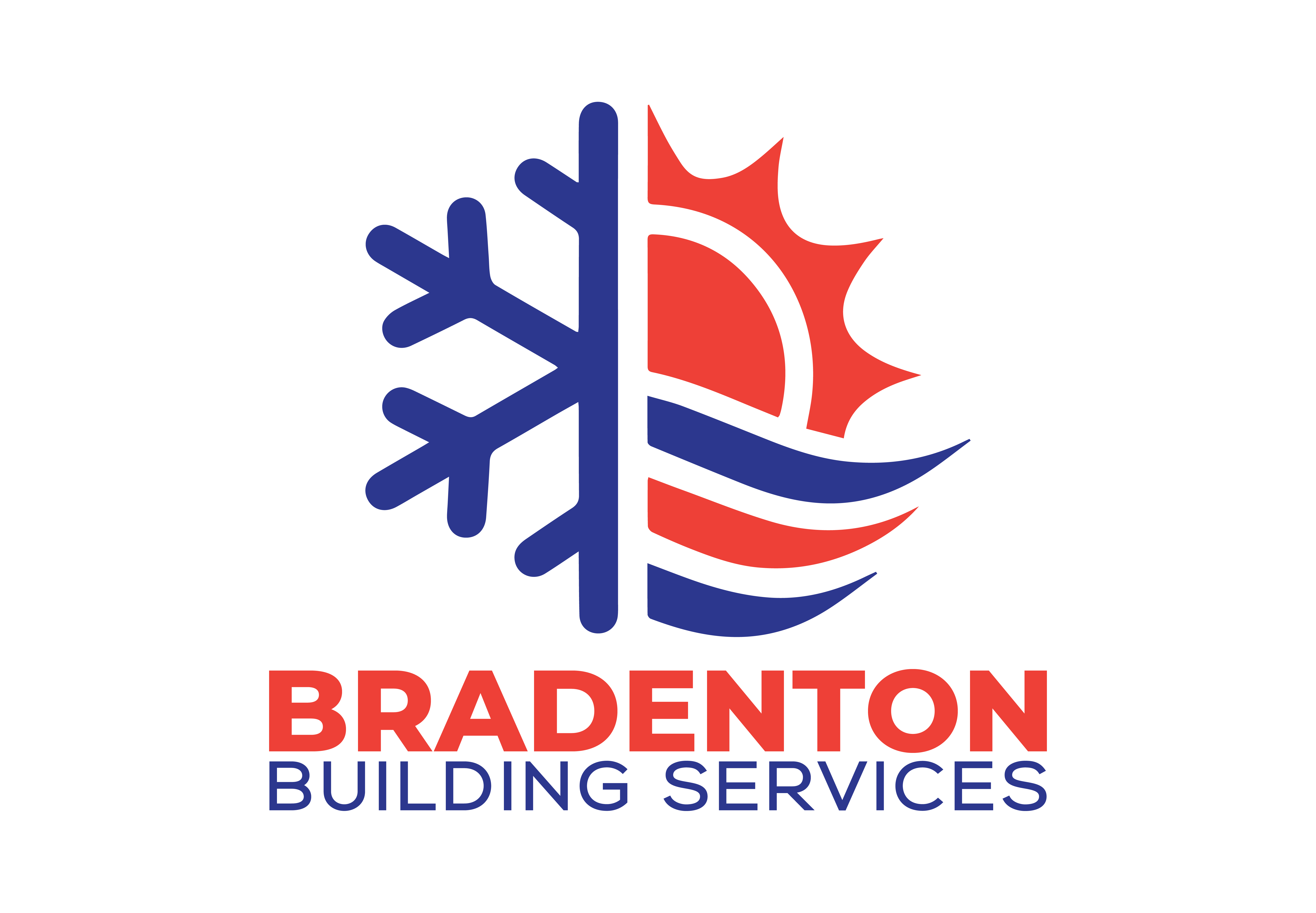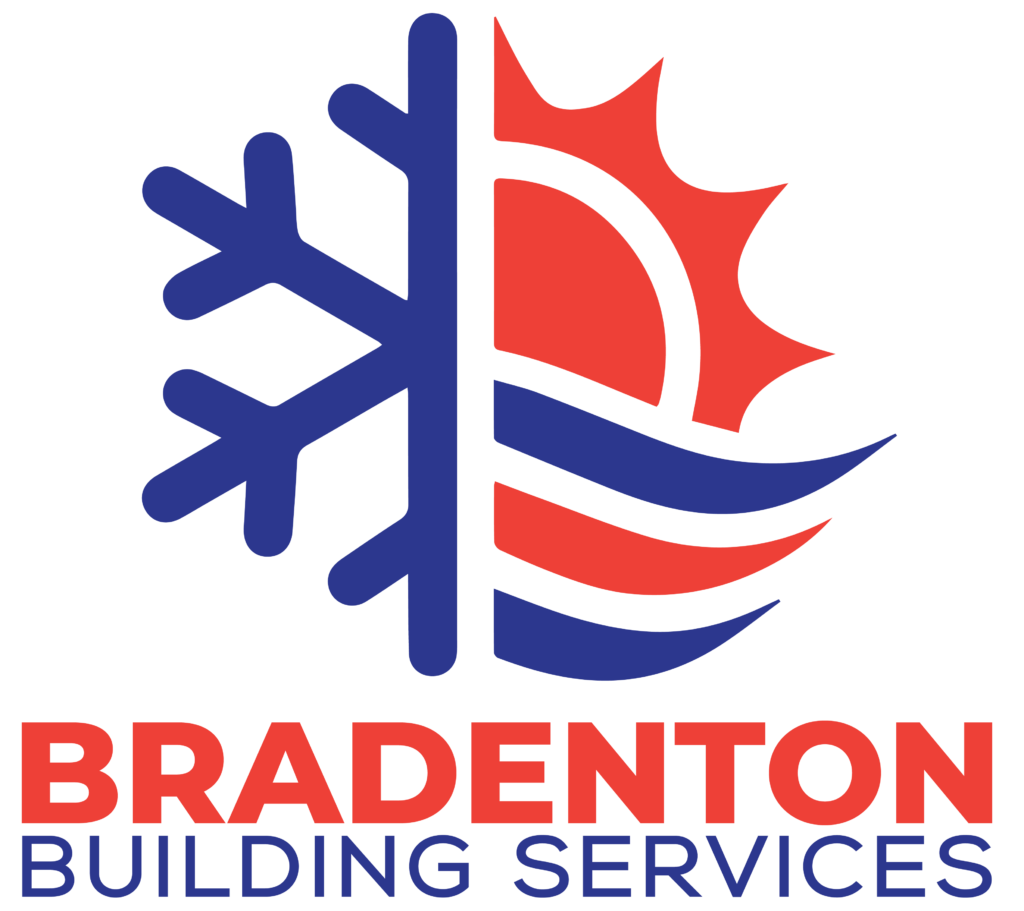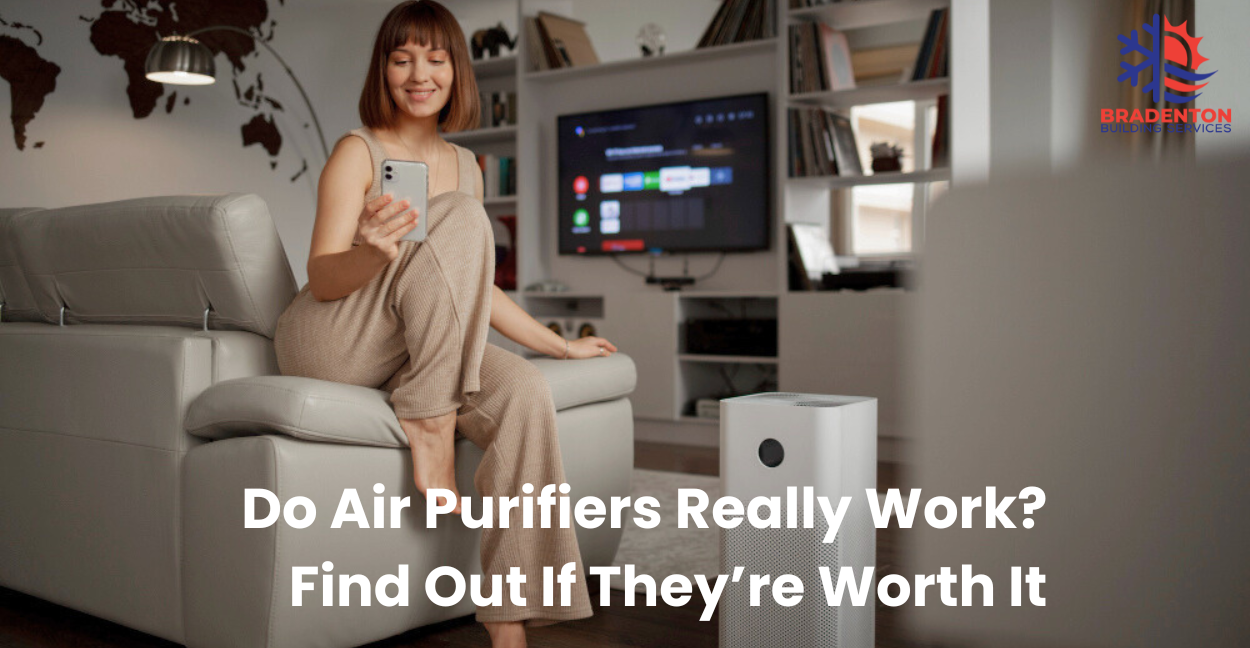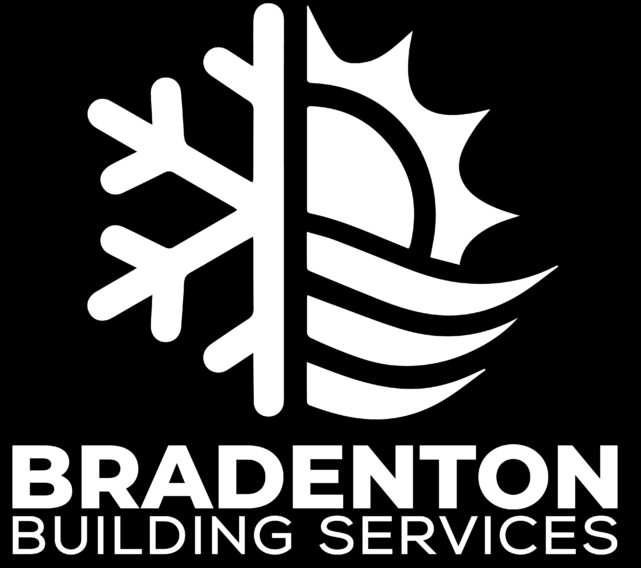Air quality is essential for maintaining good health, and with increasing concerns over pollutants and allergens in indoor environments, air purifiers have gained significant attention. But the question remains: Do air purifiers really work? As we become more aware of the impact indoor air can have on our respiratory health, the demand for air purifiers has surged. These devices promise to filter out harmful particles, such as dust, pet dander, smoke, and volatile organic compounds (VOCs), but with so many options available, it’s understandable to wonder how effective they truly are. Whether you’re dealing with allergies, asthma, or simply looking to improve the air quality in your home or office, air purifiers can be an important tool in maintaining a healthier environment. In this article, we will dive deep into how air purifiers function, the types of pollutants they target, their benefits, and ultimately, whether investing in one is a step toward a cleaner, healthier living space.
What are Air Purifiers?
Air purifiers are devices designed to improve the quality of indoor air by removing contaminants, allergens, and pollutants. These devices filter out harmful particles such as dust, pollen, pet dander, smoke, mold spores, and even volatile organic compounds (VOCs) to ensure that the air in your home or office is clean and breathable. Air purifiers work by drawing in the air from the surrounding environment, passing it through one or more filters that trap pollutants, and releasing purified air back into the room.
The efficiency of an air purifier depends on the type of filter it uses, the technology incorporated into the device, and its size, which should be chosen based on the area it is intended to cover. Common filter types include HEPA (High-Efficiency Particulate Air) filters, activated carbon filters, and UV-C light filters, each targeting specific air pollutants. In short, air purifiers are essential tools for enhancing air quality and supporting better health, particularly in spaces affected by allergens or air pollution.
Why Air Purifiers Are Gaining Popularity?
The popularity of air purifiers has surged in recent years, and there are several reasons why more people are turning to these devices to improve indoor air quality.
- Health Concerns: With rising allergies, asthma, and respiratory issues, people are turning to air purifiers to reduce indoor air pollutants like dust, pollen, and pet dander.
- Indoor Air Pollution: Growing awareness of indoor air quality and the pollutants that can accumulate indoors is driving demand for purifiers.
- Environmental Factors: Increased air pollution, wildfire smoke, and global concerns about environmental health have heightened the need for cleaner indoor air.
- Technological Advancements: Modern air purifiers are quieter, more efficient, and often come with smart features, making them more appealing to consumers.
- COVID-19 Impact: The pandemic increased awareness about airborne viruses, prompting more people to use air purifiers for added protection.
Do Air Purifiers Really Work?
Yes, air purifiers do work, but their effectiveness depends on several factors:
Types of Air Purifiers
There are several types of air purifiers, each designed to tackle different pollutants and improve indoor air quality. Here are the most common types:
-
HEPA (High-Efficiency Particulate Air) Filters
How it works: HEPA filters capture particles as small as 0.3 microns, including dust, pollen, pet dander, and mold spores.
Best for: Allergy sufferers, asthma patients, and those sensitive to airborne particles.
-
Activated Carbon Air Purifiers
How it works: These purifiers use activated carbon filters to absorb gases, odors, and volatile organic compounds (VOCs) like smoke, cooking smells, and chemicals.
Best for: Eliminating odors, smoke, and harmful gases.
-
UV-C Light Air Purifiers
How it works: UV-C light sterilizes the air by killing bacteria, viruses, and mold spores by damaging their DNA.
Best for: Disinfecting and eliminating microorganisms from the air.
-
Ionizing Air Purifiers
How it works: These purifiers release negative ions that attach to particles in the air, causing them to fall to the ground or stick to nearby surfaces.
Best for: Removing fine particles and dust, though they may not be as effective at removing gases.
-
Ozone Generators
How it works: Ozone generators produce ozone (O3) to remove odors and kill bacteria and viruses. However, ozone can be harmful in high concentrations.
Best for: Odor removal (though not recommended for use in occupied spaces due to health risks).
-
Electrostatic Precipitators
How it works: These devices use an electrostatic charge to trap particles on plates inside the purifier. The particles are then collected and removed.
Best for: Large particles, dust, and dirt, but less effective for gases or odors.
-
Hybrid Air Purifiers
How it works: These combine multiple technologies, like HEPA, activated carbon, and UV-C light, to address a variety of pollutants, from particles to gases to microorganisms.
Best for: Comprehensive air purification, especially in larger spaces or homes with pets.
Each type of air purifier is designed to target specific contaminants, so selecting the right one depends on the pollutants you want to address in your home or office.
At Bradenton Building Services, we offer expert air purification solutions in Manatee & Sarasota that can significantly improve the air quality in your home or business. Contact us today for a consultation and enjoy cleaner, healthier air in Sarasota and Manatee counties!
Are Air Purifiers Worth It?
When considering whether air purifiers are worth the investment, several factors come into play:
-
Air Quality Improvement
Air purifiers are designed to remove harmful particles from the air, such as dust, allergens, smoke, pet dander, and bacteria. If you live in an area with high pollution or have indoor air quality concerns, an air purifier can significantly improve the air you breathe, potentially reducing health risks associated with poor air quality.
-
Health Benefits:
For people with respiratory conditions like asthma or allergies, air purifiers can be especially beneficial. They can help reduce triggers such as pollen, dust mites, or pet dander, leading to fewer allergy flare-ups and respiratory issues. In homes with smokers, air purifiers can also help reduce secondhand smoke, which is harmful to health.
-
Size and Efficiency:
The effectiveness of an air purifier depends on the size of the unit and the area it can cover. Investing in a high-quality air purifier suited for the size of your home or room is essential. Larger homes may require multiple units, which could increase the cost.
-
Maintenance Costs:
While the initial cost of an air purifier might seem steep, ongoing maintenance costs (like replacing filters) should also be considered. Some models require frequent filter changes, which can add up over time. However, many people find the investment worth it due to the long-term health benefits.
-
Energy Consumption:
Most air purifiers use minimal energy, but this can vary depending on the model. If energy efficiency is important to you, look for models that are Energy Star-rated or have a low power consumption rate.
-
Noise Levels:
Air purifiers do produce noise while operating. While many modern units are designed to operate quietly, some models can be quite loud, which might be a concern if you plan to place the unit in a bedroom or study. Noise levels vary by model, so it’s important to choose one that fits your noise tolerance.
-
Cost vs. Value:
Ultimately, whether an air purifier is worth it depends on your specific needs. If you or someone in your household suffers from allergies or respiratory issues, the benefits may far outweigh the cost. For those with no major concerns about air quality, it may not be as essential, though it can still offer peace of mind and a general sense of well-being.
The Do’s and Don’ts You Need to Know for Your Air Purifier
Do’s:
-
Do choose the right size:
Ensure that the air purifier you select is rated for the size of the room or area you want to purify. A unit that is too small for the space won’t be effective.
-
Do replace filters regularly:
To maintain the effectiveness of your air purifier, change the filters as recommended by the manufacturer. Regular replacement ensures optimal performance.
-
Do clean the unit:
Periodically clean the exterior and the intake vents of the air purifier to ensure there are no dust buildups that can impede airflow.
-
Do place the air purifier in the right location:
For maximum efficiency, place the unit in a well-ventilated area, away from walls and obstacles. Avoid placing it directly next to a window or door to prevent unfiltered outdoor air from reducing its effectiveness.
-
Do look for specific features:
If you have particular needs, such as filtering allergens, choose a model with HEPA filters. For smoke or odors, look for purifiers with activated carbon filters.
-
Do monitor air quality:
Many air purifiers come with air quality indicators. Keep an eye on these indicators to understand when the air quality improves and when it’s time to change the filter.
Don’ts:
-
Don’t expect instant results:
Air purifiers take time to clean the air. Depending on the size of the area and the level of pollutants, it might take several hours for the purifier to show significant improvements.
-
Don’t rely on air purifiers alone:
While they can significantly improve indoor air quality, they cannot solve all air quality problems. Pair them with other solutions, like good ventilation or controlling humidity, for better results.
-
Don’t ignore maintenance:
Neglecting to replace filters or clean the unit can lead to reduced performance or even damage the purifier. Keep up with the maintenance schedule.
-
Don’t use air purifiers in areas with poor ventilation:
If the room is sealed off without proper airflow, the purifier may not be as effective since it requires good air circulation to clean the air efficiently.
-
Don’t place the purifier in high-humidity areas:
Avoid placing air purifiers in bathrooms or kitchens with high moisture levels, as this can reduce their lifespan or efficiency. Some models are not designed to handle such environments.
-
Don’t assume all purifiers remove all pollutants:
Not all air purifiers are created equal. For example, a basic unit may not filter out gases, fumes, or very fine particles (PM2.5). Check the specifications to ensure it addresses your specific needs (allergens, smoke, odors, etc.).
FAQ’s
1.) How do air purifiers work?
Air purifiers work by drawing in air, filtering it through one or more filters, and then releasing the cleaned air back into the space. The filters capture particles like dust, pet dander, pollen, and smoke. Some purifiers also use activated carbon to remove odors or UV light to kill bacteria and viruses. To maintain effectiveness, it’s important to know how long air filters last. Regularly replacing or cleaning filters ensures your air purifier continues to trap pollutants and maintain optimal air quality.
2.) Are air purifiers effective at removing allergens?
Yes, air purifiers with HEPA filters are highly effective at capturing common allergens such as pollen, pet dander, and dust mites. If you suffer from allergies, a good-quality air purifier can significantly reduce allergen levels in your home.
3.) Can air purifiers help with smoke or odors?
Air purifiers equipped with activated carbon filters are effective at reducing smoke, pet odors, and other unpleasant smells. While they don’t remove all fumes or chemicals, they can significantly improve air quality by absorbing odors from the air.
4.) Do air purifiers help with COVID-19 or other viruses?
Certain air purifiers that include HEPA filters and UV-C light can help reduce the presence of airborne viruses, including the COVID-19 virus. However, they should not be relied upon as the sole method of protection. Regular cleaning, hand washing, and proper ventilation are also essential for preventing the spread of viruses.
5.) How long does it take for an air purifier to improve air quality?
The time it takes for an air purifier to improve air quality depends on the size of the room, the type of air purifier, and the level of pollutants. In general, you should notice a difference in air quality within a few hours of running the air purifier continuously.
6.) Can air purifiers eliminate dust from my home?
Air purifiers with HEPA filters can significantly reduce airborne dust in your home, but they will not remove dust that has already settled on surfaces. Regular cleaning and dusting in conjunction with an air purifier will help keep your home free from dust.
7.) Do air purifiers work for larger spaces or the whole house?
Most air purifiers are designed to clean the air in a specific room, and their effectiveness depends on the size of the unit and the room. For larger spaces, you might need a more powerful model or multiple units. Whole-house air purifiers can be integrated into your HVAC system for broader coverage.
About Bradenton Building Services
Bradenton Building is your trusted partner for all your commercial HVAC needs in Manatee and Sarasota. With over 20 years of experience, we specialize in providing top-notch Commercial HVAC Services in Manatee & Sarasota, including Air Duct Cleaning, Air Quality & Purification Solutions, and Commercial Air Filters. Our expert team is dedicated to helping you create a healthier, more efficient work environment by offering services tailored to meet the unique needs of your business. Whether you’re looking for routine maintenance, air purification upgrades, or specialized HVAC solutions, Bradenton Building delivers exceptional results with a commitment to quality and customer satisfaction. Contact us today to experience the difference of working with a professional and reliable HVAC partner!




